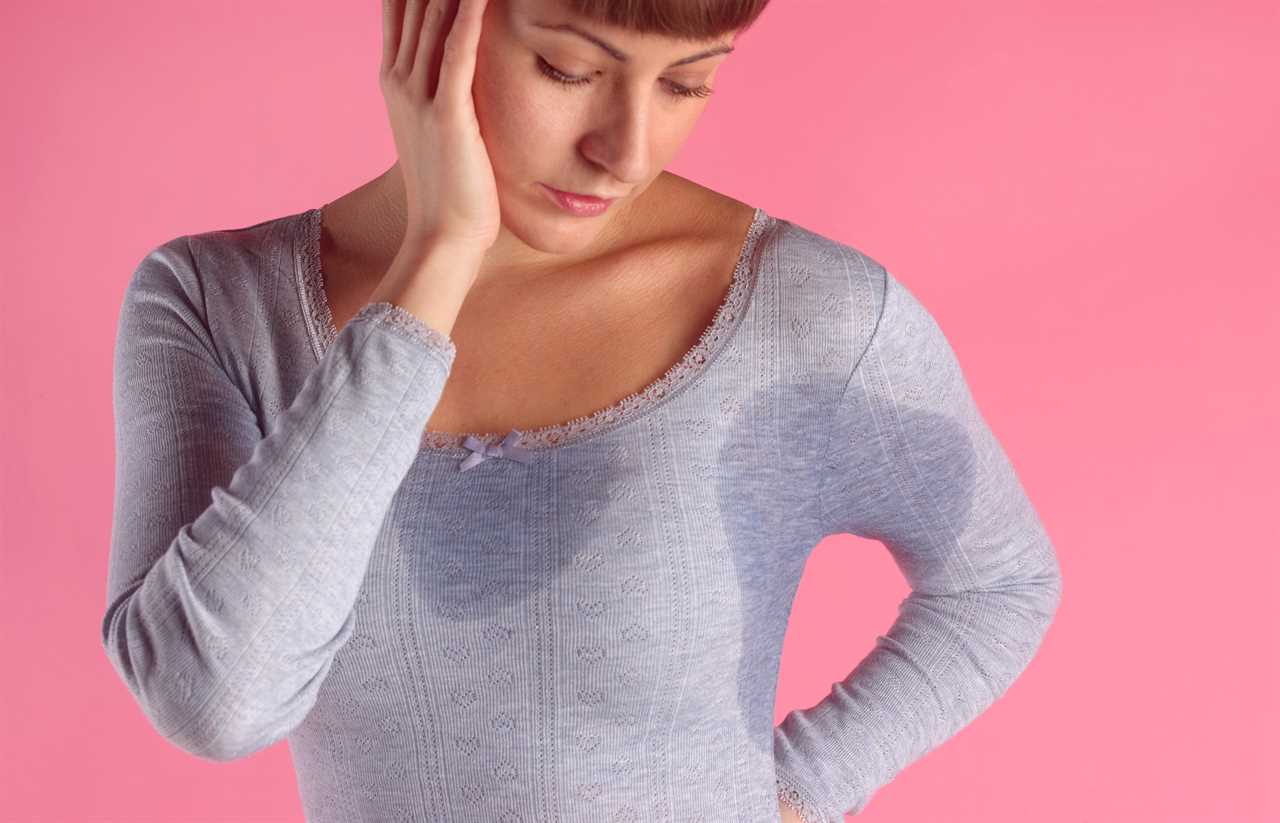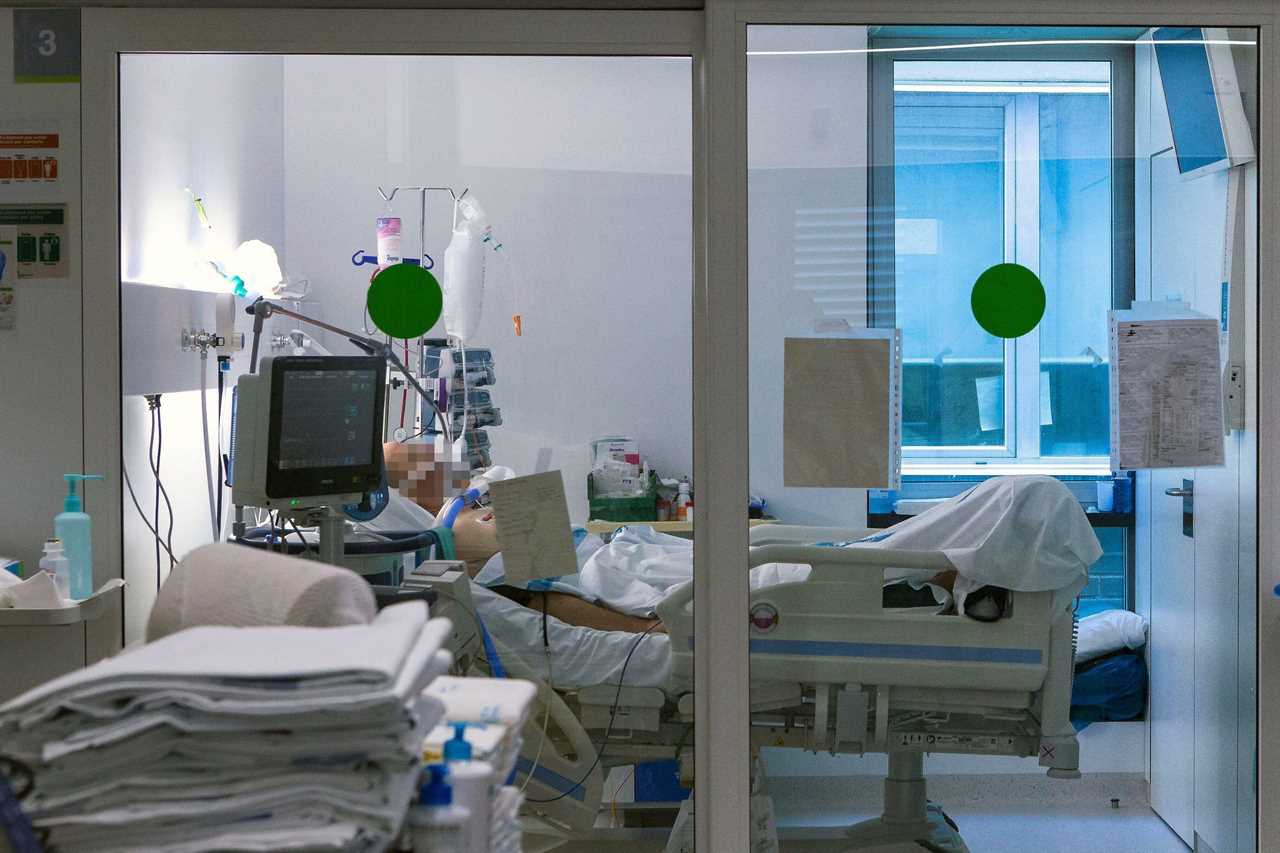CHANCES are that by now you’ve heard of long Covid.
It’s when coronavirus causes symptoms that can last weeks or months after an infection has cleared.

And it’s becoming a growing problem.
What you might not realise, though, is women are up to four times more likely to get long Covid than men, according to studies.
Yet, of the more than £20million that has been ploughed into researching the condition since June last year, not a single penny has gone towards looking at the relationship between long Covid and female hormones.
Yet, we have seen lots of women commenting in Facebook groups about how they believe Covid has changed their periods.
There have been reports of periods stopping completely or changing after catching the virus. It’s more than just anecdotal evidence too.
Of course, for some women it could just be a coincidence.
They could be women at an age when they’re experiencing perimenopause or menopause, and just happen to have Covid at the same time.
But the volumes of women reporting a link between Covid and changes in their periods is too many to ignore.
Put simply, we need to know more.
A quick search of the internet and social media groups reveals tens of thousands of women who have noticed a change since having Covid.
It’s really important that women – and healthcare professionals – realise that the symptoms of long Covid are identical to the symptoms of perimenopause and menopause.

Read our coronavirus live blog for the latest updates
No funding for research
They include brain fog, lethargy, reduced stamina, memory problems and headaches. So what’s the link and what can we do?
Perimenopausal and menopausal women have low levels of both oestrogen and testosterone.
And interestingly it’s these women who are most likely to suffer with long Covid.
While there’s no funding for research into the link between hormone levels and the condition just yet, we do know topping up hormones in the body – using body-identical HRT – during menopause can help improve the immune system, and reduce the risk of heart disease, obesity and diabetes.
It’s frustrating but too many healthcare professionals are worried about the perceived risks of HRT so are often resistant to prescribing it.

More research is needed in this area, but in the meantime, many women are being neglected and aren’t listened to when it comes to their hormones.
One thing all women can do is download the free balance app – balance-app.com – and monitor their symptoms as well as their periods.
You can then download a health report from the app, and use this to start a conversation with your doctor about starting HRT.
It’s likely that the treatment will help to improve long Covid symptoms as well as menopausal symptoms, and your future health.
What’s more, the female sex hormone oestrogen works to provide some protection against bugs and viruses as it enables cells, which fight infections to work more efficiently.
As medics, we’ve known for decades there’s a link between the immune system’s function and oestrogen. And now studies have shown that women taking HRT are less likely to die from Covid than women not taking it.
However, the majority of clinical research is still focused on men, and this must change, especially with respect to Covid mortality and long Covid.
We need to start listening more to women and realising the importance of female hormones.
Did you miss our previous article...
https://trendinginthenews.com/covid-19/deliveroo-uber-and-bolt-among-firms-lined-up-to-offer-discounts-to-jabbed-students






